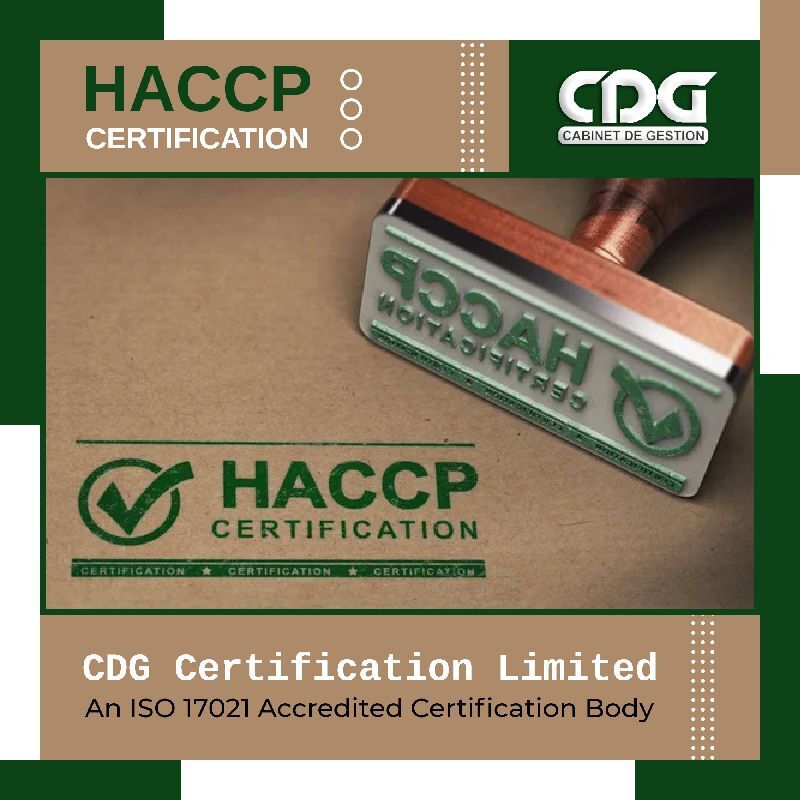Connaught Place, delhi
HACCP Certification
|
|
|
|
The food supply chain for food and beverages is vital for the health of the nation, particularly in India. A HACCP system is a preventative approach to controlling food safety. HACCP moves away from reliance on end product testing to a more proactive, preventative approach of controlling potential hazards.
HACCP involves a system approach to identification of hazard, assessment of chances of occurrence of hazards during each phase, raw material procurement, manufacturing, distribution, usage of food products, and in defining the measures for hazard control. In doing so, the many drawbacks prevalent in the inspection approach are provided and HACCP overcomes shortcomings of reliance only on microbial testing.
The modern HACCP system and guidelines for its application were defined by the Codex Alimentarius Commission in the Codex Alimentarius Code of Practice.
HACCP enables the producers, processors, distributors, exporters, etc, of food products to utilize technical resources efficiently and in a cost effective manner in assuring food safety. Food inspection too would be more systematic and therefore hassle-free. It would no doubt involve deployment of some additional finances initially but this would be more than compensated in the long run through consistently better quality and hence better prices and returns.
The ascent of HACCP has been rapid (in India too), mainly because of the increase in the reported cases of serious food poisoning. The introduction of The Food Safety Act 1990 and The Food Safety (General Food Hygiene) Regulations 1995 (EU Food Safety Directive 93/43/EEC), which requires a food business to carry out a hazard analysis.
HACCP stands for 'Hazard Analysis Critical Control Point'. It is an internationally recognised and recommended system of food safety management. It focuses on identifying the 'critical points' in a process where food safety problems (or 'hazards') could arise and putting steps in place to prevent things going wrong. This is sometimes referred to as 'controlling hazards'. Keeping records is also an important part of HACCP systems.
Benefits of HACCP
- A preventative approach to food safety
- Can help identify process improvements
- Reduces the need for, and the cost of end product testing. In most cases end product testing is not feasible anyway
- Is complementary to quality management systems such as ISO 9000
- Provides evidence of due diligence and hence mitigates the prospect of being sued in a court of law
- Reduces the likelihood of product recall & adverse publicity
- Enhances customer satisfaction and faith in the continuing suitability of the product for human consumption/ reduces dissatisfaction
- Facilitates better understanding of food packaging safety concerns throughout the organisation
- Improves staff performance through the promotion of team spirit and joint responsibility
- Improves staff morale and motivation through a cleaner working environment. Makes the staff aware that a failure could result in closing down of the establishment and consequent loss of jobs
Contact Us
CDG Certification Ltd
Barakhamba Road, Connaught Place, New Delhi, Connaught Place, - 110018, India
Mobile : +91-9289428400

